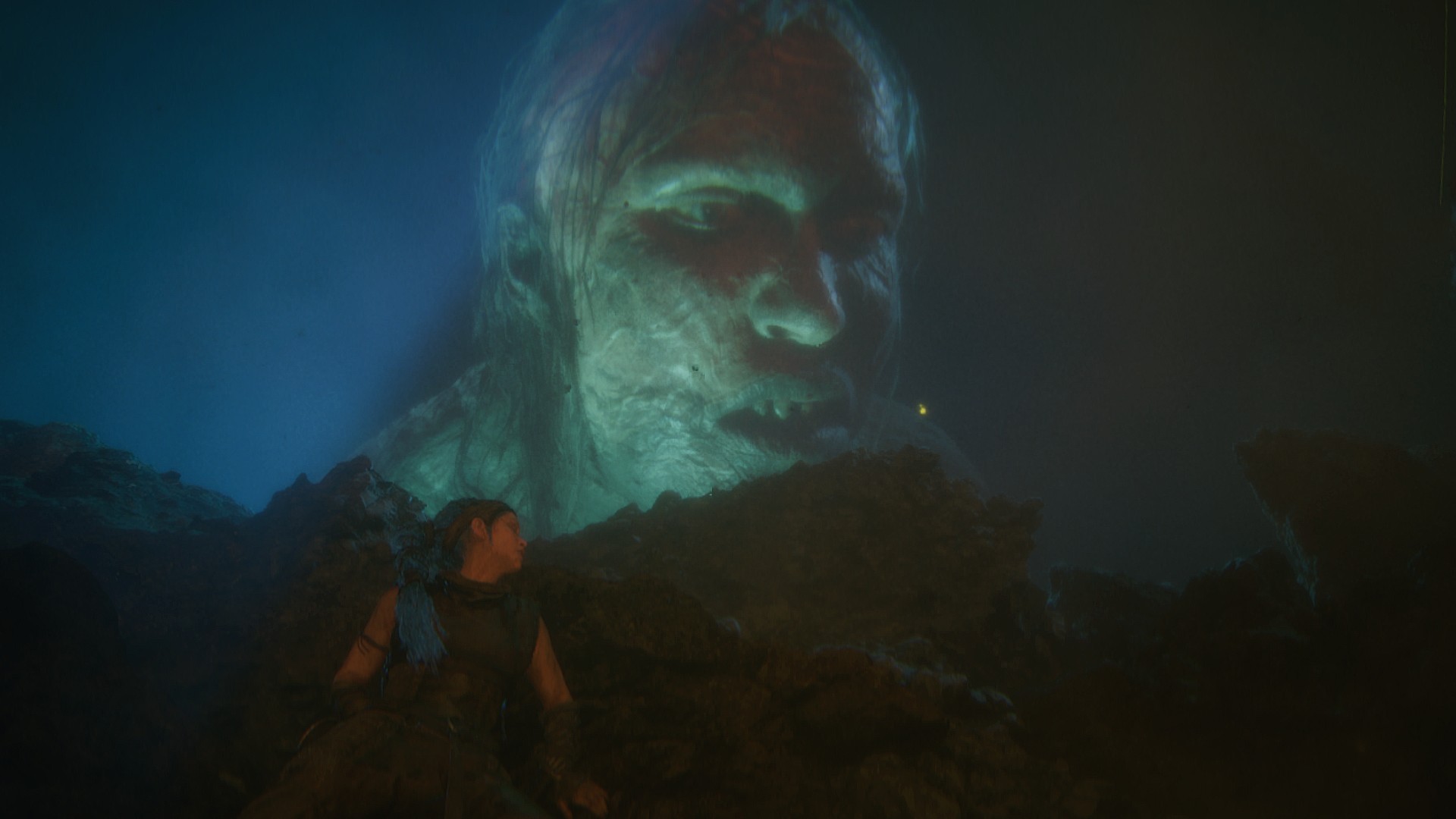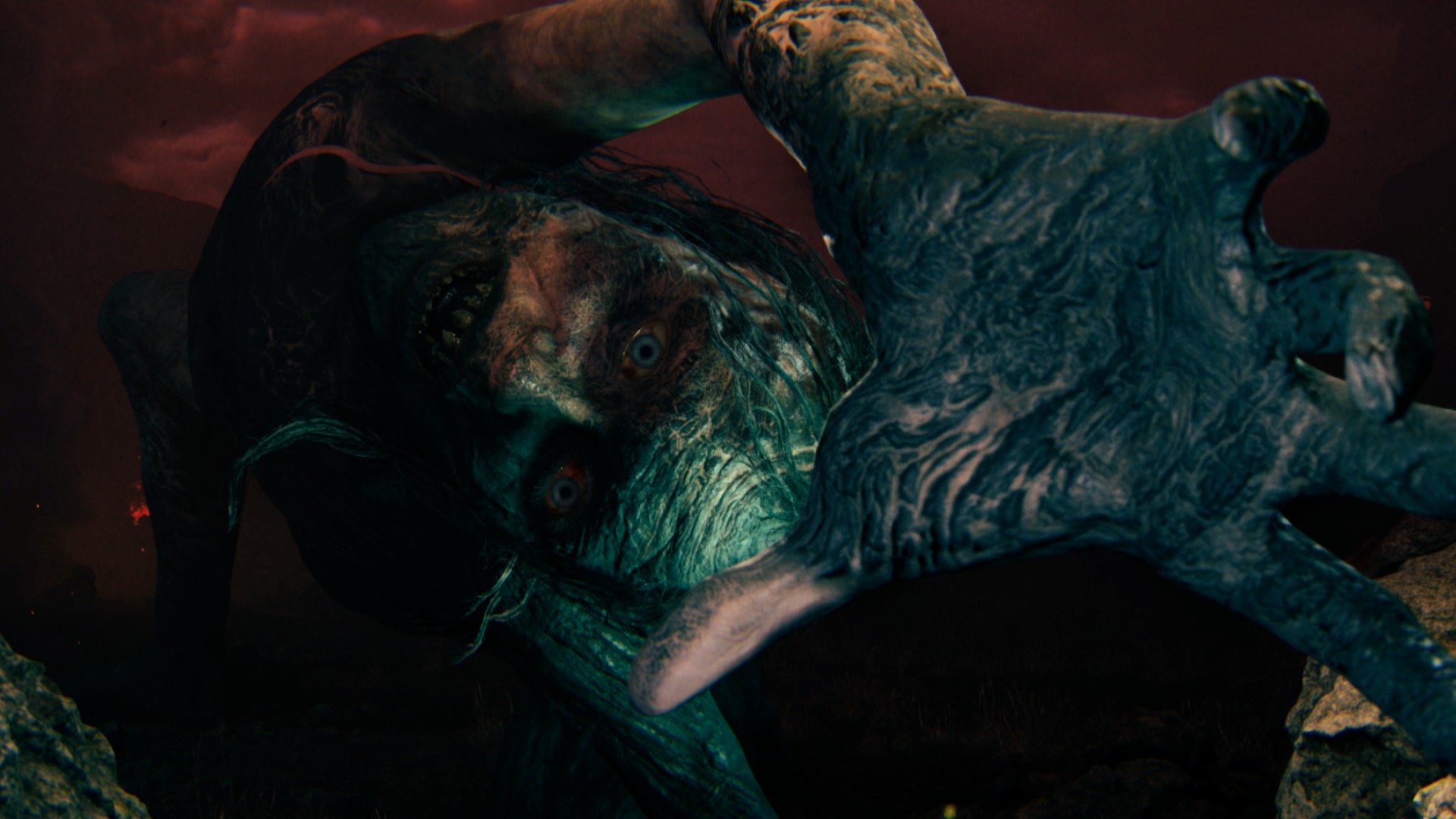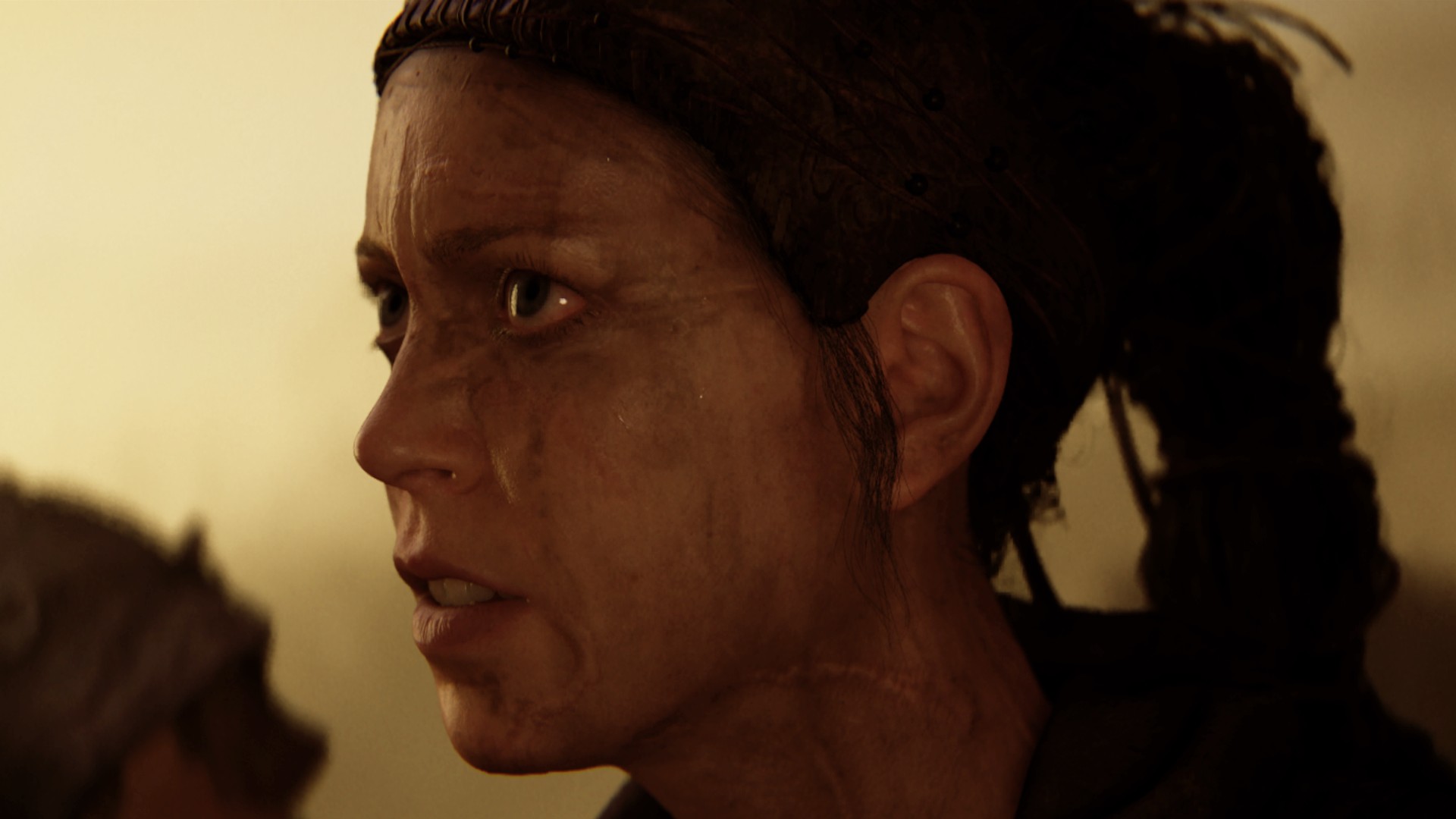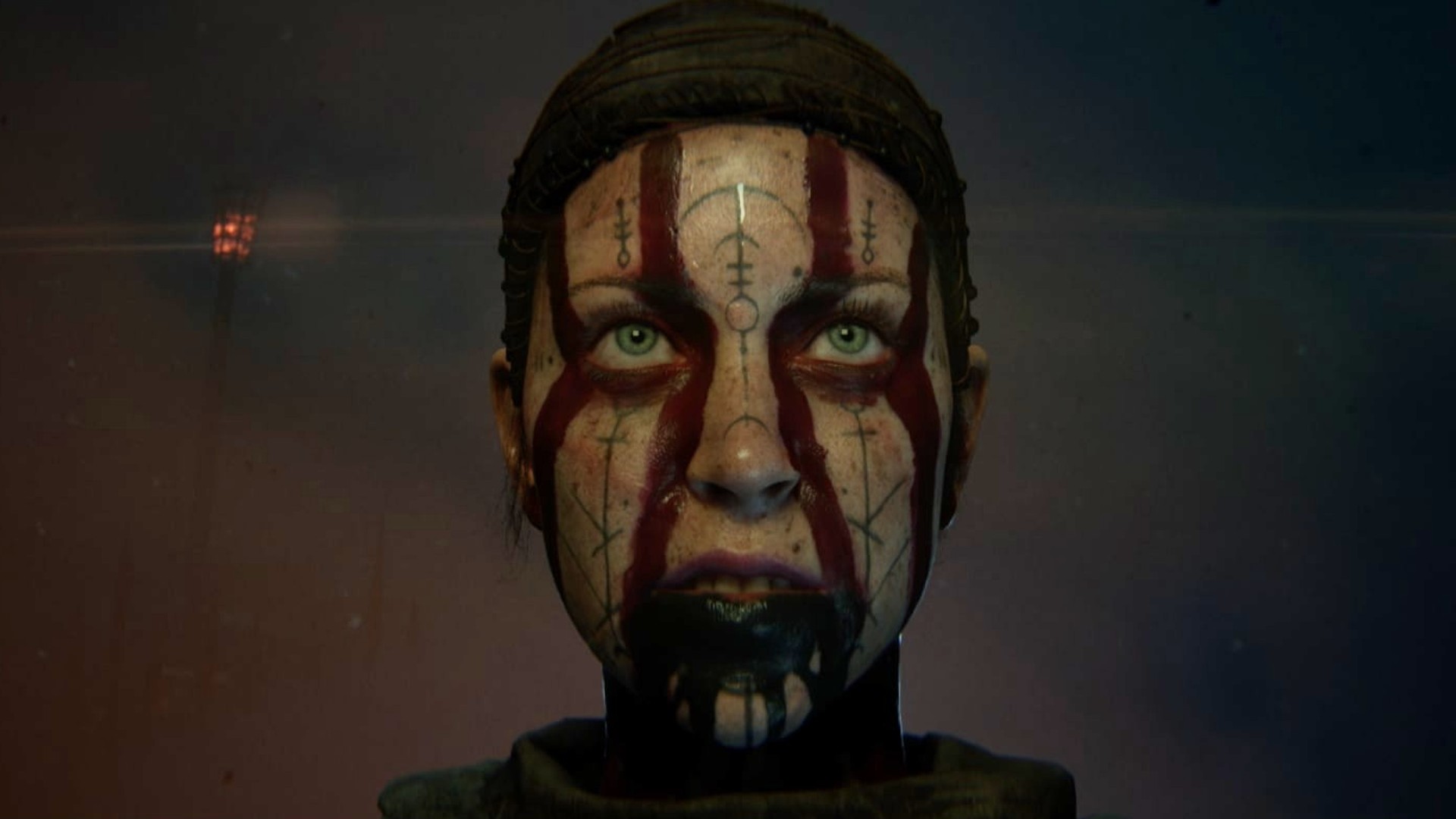This Hellblade 2 moment will be living in my head and heart rent-free forever, and it proves the game a metaphorical masterpiece
Now Playing | Facing the first Icelandic giant is a moment of rebirth in more ways than one

There are so many things I could say about Senua's Saga: Hellblade 2 – and I certainly tried to squeeze them all into my Hellblade 2 review. But there is one gut wrenching sequence that has stayed with me ever since I rolled credits: confronting the first of the giants, Illtauga.
Ninja Theory's harrowing action-adventure meets horror walking sim is not for everyone. It's a brutal, emotionally relentless slog through an unforgiving landscape, the clean UI and intense graphical fidelity disorienting the player to create more cinematic experience than most Hollywood blockbusters have to offer. Where the game really shines, though, is the masterful interplay of metaphor and storyline – and in the case of Illtauga, the effect is nothing short of spellbinding.
Content warning: Spoilers for Hellblade 2 and discussion of themes of child loss ahead
Sins of the mother

Senua's journey to Iceland turns from one of vengeance into the beginnings of a magical, folklore-infused path to redemption. She must defeat three giants here, each representing the thin line that separates man and beast. It all feeds back into the primary lessons of Hellblade 2: all monsters were human once, but we all deserve to choose our own path.
In the case of Illtauga, the female giant whose earth-shattering wrath has decimated villages, the sentiment rings truer still. After being led by the forest spirit-like Hiddenfolk through a cavernous dungeon of darkness, shadow, and danger, Senua is able to piece together Illtauga's origin story. She was once a woman named Ingunn, who, in a moment of utter desperation to save her people from starvation, offered up the most important thing in the world – her only child – to the Hiddenfolk as a sacrificial bargain. As the Furies say, Illtauga is "not a monster after all"; she is the powerful rage of a childless mother, trapped in the throes of her own self-hatred after committing the unthinkable.
Not only is this realization key to Senua's ability to understand and therefore free Illtauga from her torment, it's a moment that echoes something I heard during the game's opening cutscene. In it, Senua's friend, scholar, and one-time narrator Druth recaps the events of Hellblade: Senua's Sacrifice, describing how her psychosis was considered a "curse" by her father, a hereditary malady passed down as a "sin of the mother".
This theme of motherhood has my brain whirring. Suddenly I see Senua in a new light: as the metaphorical antithesis of Illtauga. When the two meet in a fiery cage of molten lava and ash, I'm struck by the cathartic genius of the product of 'sin' having the power to forgive the sinner.
Weekly digests, tales from the communities you love, and more

[Hellblade 2 is] a testament to the level of thematic poetry that Ninja Theory is capable of.
In a sequence of rhythmic gameplay that has me dodging waves of lava by hiding behind pillars, dashing forward to get closer and closer to the chained giant, the gravitas of what is about to happen is tremendous. Each chain I break wrings a cry of anguish from Illtauga, each step one closer to her redemption.
But it's the moment when Senua finally stands before the giant, arms outstretched to offer up the tiny bundle of skeletal remains, that makes the breath catch in my throat. The Furies whisper in my ear as Illtauga – no, Ingunn – slowly reaches out toward a long-awaited reunion: "What do you do when you stare into the void and human eyes look back?"
In seeing the person beyond the pain and their shared sense of deep loss, Senua forgives a misunderstood mother in place of her own. Similarly, Ingunn recognizes Senua as the lost child she'd been yearning for, while still getting to hold her own baby once again. Even writing about this incredibly human moment in such a visceral video game is enough to put chills down my spine. It's a testament to the level of thematic poetry that Ninja Theory is capable of, and even though I'm about to start crying again, I'm immensely thankful it exists.
There are plenty of upcoming Xbox games to watch for this year, from Avowed to Indiana Jones and the Great Circle.

Jasmine is a staff writer at GamesRadar+. Raised in Hong Kong and having graduated with an English Literature degree from Queen Mary, University of London in 2017, her passion for entertainment writing has taken her from reviewing underground concerts to blogging about the intersection between horror movies and browser games. Having made the career jump from TV broadcast operations to video games journalism during the pandemic, she cut her teeth as a freelance writer with TheGamer, Gamezo, and Tech Radar Gaming before accepting a full-time role here at GamesRadar. Whether Jasmine is researching the latest in gaming litigation for a news piece, writing how-to guides for The Sims 4, or extolling the necessity of a Resident Evil: CODE Veronica remake, you'll probably find her listening to metalcore at the same time.



